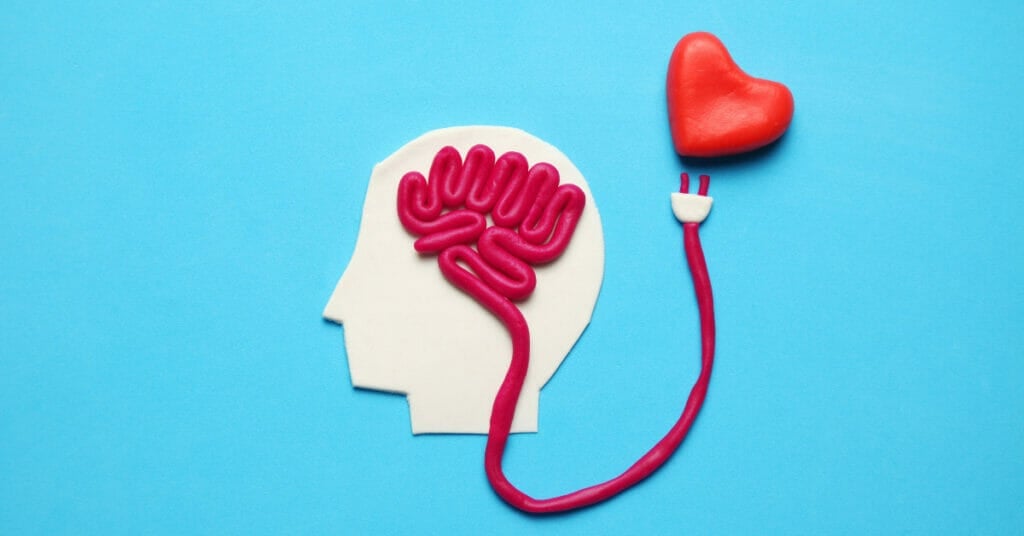Emotional Intelligence is a skill that, when present, can build better relationships, and when lacking, can break them. Learn how it can affect you and your business.
Emotional Intelligence (EI) plays an important role in our work and personal lives. It’s increasingly identified as a major contributor to employee and managerial success. Business leaders describe it as one of the key skills sought by organizations today, and studies have shown that up to 70 percent of performance is explained by EI, making it a much stronger predictor of success than IQ. Additionally, when managers fail to display EI, they are more likely to derail in their leadership positions.
The Building Blocks of Emotional Intelligence
Unlike some factors related to leadership effectiveness, EI is a skill that can be learned. It includes four major skill areas that are developed in progression as an individual works to establish positive relationships with others.
SELF-AWARENESS
This is the foundation of EI and means that individuals can identify their own strengths and blind spots, as well as their emotions, at any point in time. Self-awareness helps us realize we might be prone to “read into” situations and blow them out of proportion or recognize times that are not the best moment to have a conversation due to high emotions. Also, self-awareness skills expand our capability to recognize our negative self-talk and biases. The good news is, we can learn and hone self-awareness skills to help us gain perspective on emotionally charged situations and our reactions to them.
SELF-MANAGEMENT
As we grow in self-awareness skills, we are in a better position to manage ourselves and our emotions; this is the second component of EI. The ability to “bite your tongue,” rather than saying what you are thinking in a contentious interchange, demonstrates this skill. The insight we gain from self awareness, such as knowing who and when someone can “push our buttons,” helps us better prepare strategies for managing these situations.
SOCIAL AWARENESS
After we understand and manage ourselves, we can build relationships with others. The third EI skill, social awareness, is our ability to accurately pick up on the emotions of other people and understand what is really going on with them. The heart of social awareness is empathy, which requires us to remove preconceptions and distractions in interactions with others and really listen to and support the other person. This connectivity grows the trust and respect needed to build strong relationships and positive influence.
SOCIAL MANAGEMENT
The capacity to continue strengthening relationships with others is the final EI skill. Social management, or relationship management, utilizes the underpinnings of trust and respect to enhance com
Increase Your EI
The trainers and consultants at Troy University Continuing Education and Outreach can help you develop EI skills to expand your professional and personal sphere of influence and build stronger relationships in your work and personal life. Through hands-on, interactive training, along with self-assessment, we will assist you in examining yourself and your relationships and in developing strategies for increasing your EI skills.
Jane R. Goodson , Ph. D. Professional Development Consultant and Trainer at Troy University Continuing Education and Outreach







